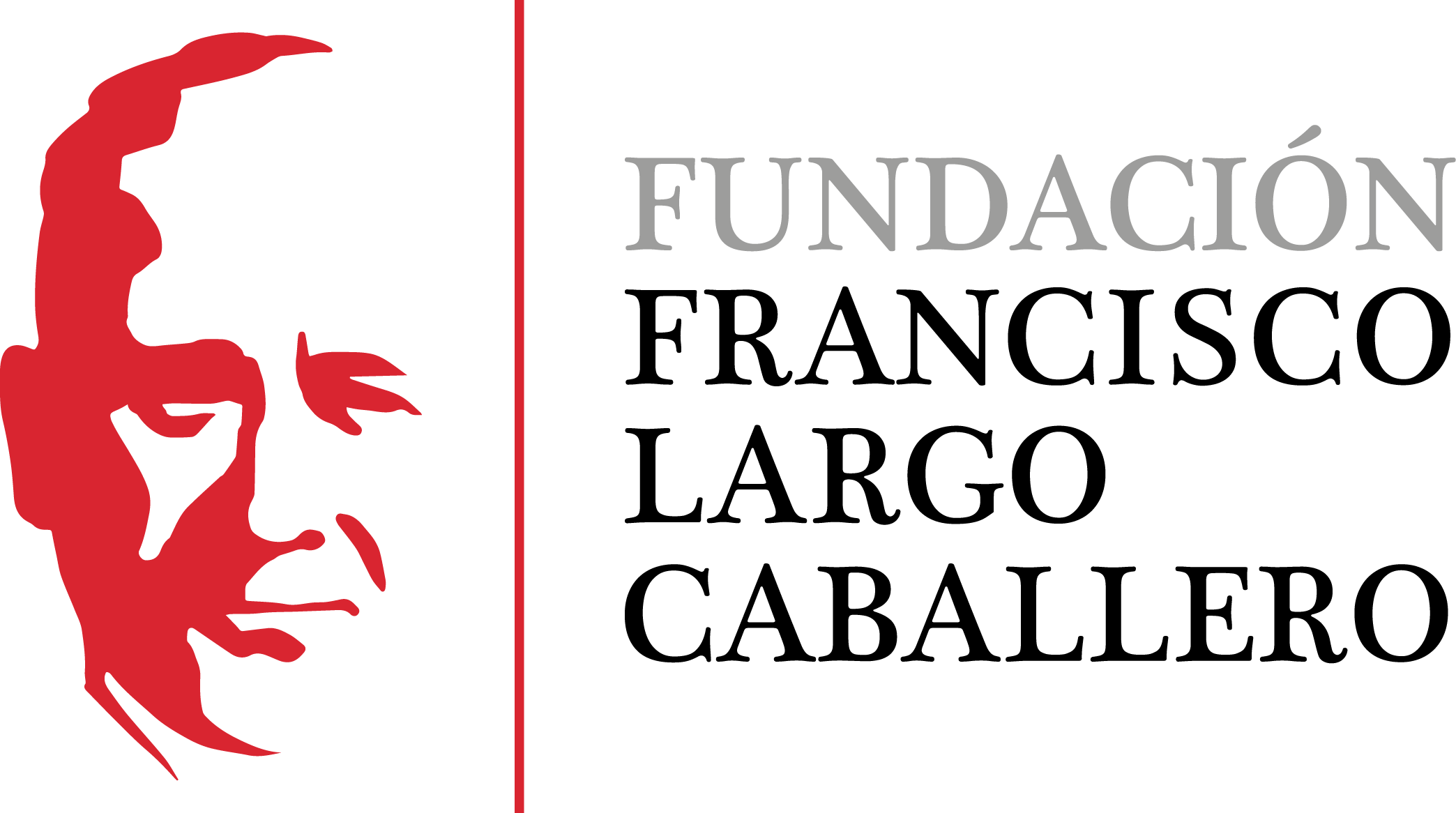The Cycle of Citizen Mobilization in the Spanish Transition
DOI:
https://doi.org/10.69791/rahc.134Keywords:
citizenship, democratic transition, social citizenship, political culture, democratizationAbstract
One of the most important trends in recent discussions of the Spanish political transition of the 1970s has been the growing emphasis on popular participation and its contribution to the process. Thus, what has occurred in recent years is the effort to bring all of this popular participation to the fore in challenging the dominant framework of a democratic transition made primarily by consensus “from above”. This article offers a framework for highlighting and explaining the emergence, impact and decline of popular participation in the Transition. In the academic language of social movement theory, it will analyze the political opportunity structure that created a space for citizen mobilization under the dictatorship, the resources they mobilized, the coalescence of a cycle of mobilization, the factors that led to the demobilization of the citizen movement, and finally, the long-term impact of this participation on Spain’s democracy.
Downloads
Global Statistics ℹ️
|
214
Views
|
43
Downloads
|
|
257
Total
|
|
Downloads
Published
How to Cite
Issue
Section
License
Copyright (c) 2013 Pamela Radcliff

This work is licensed under a Creative Commons Attribution 4.0 International License.
Alcores is an open-access journal. It provides unrestricted access to its content from the moment of publication. We respect intellectual property rights, and for this reason, the author retains the copyright. All content is distributed under a Creative Commons Attribution 4.0 International (CC BY 4.0) license. The terms of the license can be consulted at: https://creativecommons.org/licenses/by/4.0/
This license allows sharing (copying and redistributing the material in any medium or format) and adapting (remixing, transforming, and building upon the material for any purpose), provided that authorship and first publication in this journal are properly credited, a link to the license is included, and any changes made are indicated.
This type of license facilitates the freedom of reuse and ensures that the content of this journal can be used to meet research needs.









